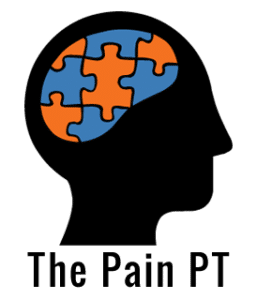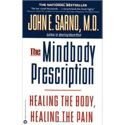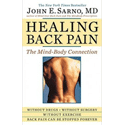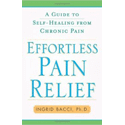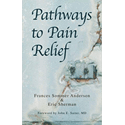Avoiding behaviors because of symptoms generalizes to other behaviors
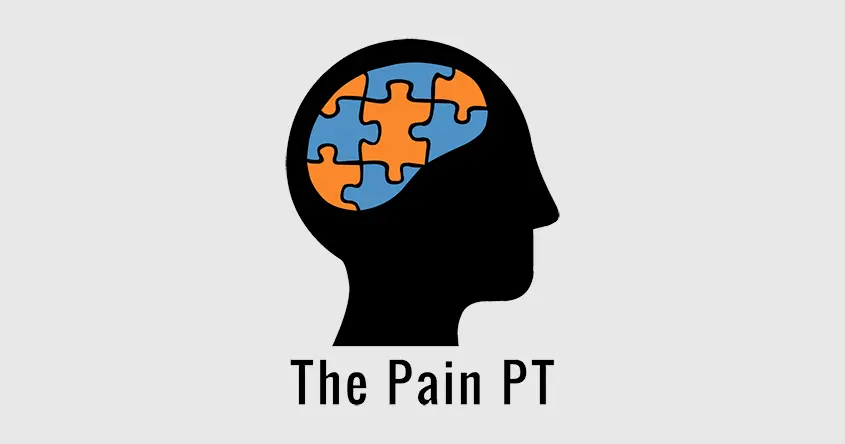
I wanted to highlight how fear of movement because of a symptom (like pain) can generalize to other safe movements from the learning mechanisms in the brain. This is called avoidance generalization. This 2023 study looked at how many people with chronic symptoms (pain) learn to avoid behaviors that cause more symptoms. This is called fear-avoidance which has been well-studied and shown to limit a person’s recovery.
What the researchers found was that not only do people with symptoms avoid specific behaviors that cause more symptoms, they also avoid more general behaviors that are not even associated with symptoms. The general behaviors get associated with symptoms via the learning in the brain. So now people can be having symptoms when they do almost anything. I see this alot in the people I work with.
The authors state: “This suggests that operant pain-related avoidance can generalize to safe behaviors, which are not perceptually, but categorically, similar to a pain-associated behavior. This form of pain-related avoidance generalization is problematic because category-based relations can be extremely wide reaching and idiosyncratic.”
Like they say, it’s a problem because the more people avoid movements and behaviors because of chronic symptoms, the more those movements and behaviors get associated(learned) with the symptoms. And the more symptoms they have the more people avoid, and it gets generalized to other behaviors.
The goal of treatment for neuroplastic symptoms is to teach the brain we are fine. So in regards to movement and behaviors, we need to show the brain we are fine by gettin back to all movements and behaviors that have been paired with symptoms. This is an unlearning and new learning taking place at the brain level. Once this happens via exposure training the symptoms can quiet down and the movements and behaviors will be normalized. Reach out if you want or need help in doing this- it’s an important part of the recovery process for many.
